What we stand for:
Many of us have made and continue to make disenchanting experiences, to say the least, in the German academic system. While it markets itself as a world of excellence, liberal egalitarianism, cosmopolitanism, freedom and generosity towards scholars at risk, the reality of its structural labour conditions and culture of ignorance betray this image to be a grotesque misrepresentation.
German academia is characterized by an engrained and almost cultivated lack of consciousness towards multiple forms of discrimination (based on race, class, gender, age, etc.) and by related modalities of exclusion as well as paternalistic and infantilizing norms and practices particularly vis-à-vis international and non-naturalized scholars and students. As a system that has never been as much as confronted with a debate on quotas or human rights, German academia expects everybody to ‘integrate’ into what is essentially a structure normatively built around the ‘white male’ and organised according to steep hierarchies around disciplinary chairs. The consequences are direct dependencies of various kinds and precarious, fixed-term employment structures unparalleled by international comparison.
Many who came here with hopes and expectations have meanwhile withdrawn, tending to pressing political issues in other ways. While very much understandable, this inadvertently strengthens the fragmentation and division among the large class of underprivileged and precarious scholars that the system relies upon.
The Network for Decent Work in Academia (Netzwerk für Gute Arbeit in der Wissenschaft, NGAWiss) has been working for the past three years to publicize and scandalize the miserable employment conditions in German academia and to advocate for structural reforms.
Its working group ‘Precarious International’ aims to make intersectional discrimination a central issue of the network’s activism.
How to participate:
The PI coordinative committee would like to invite supporters and followers, all interested colleagues and comrades to join our meetings on the second Monday of every month. Let’s get to know each other and discuss our exciting upcoming action plans together!
